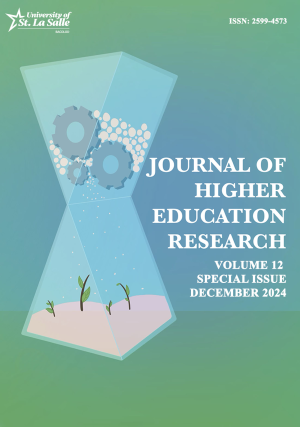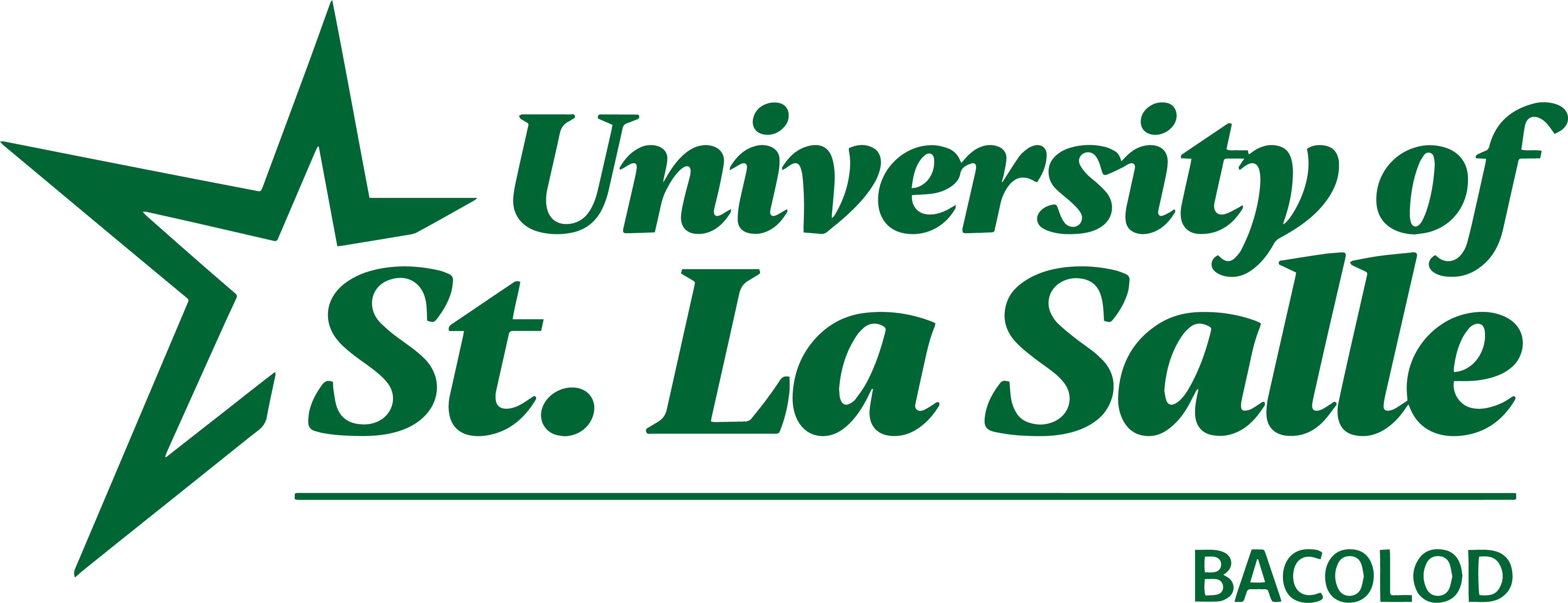Spiritual leadership of school heads and organizational commitment of teachers: Inputs for capability-building program
https://doi.org/10.70228/PFREE2024027JHER
Cite this article Read this article
ABSTRACT
This study examined the correlation between the school heads’ spiritual leadership and teachers’ organizational commitment in public elementary schools under the 2nd Congressional District of Negros Occidental. Data were gathered from 326 teachers and 121 school heads using a survey adapted from Allen and Meyer's (1990) Organizational Commitment Questionnaire (OCQ) and Fry's (2003) Spiritual Leadership framework in a quantitative design. Results indicated a notable positive relationship involving spiritual leadership regarding the commitment of the teachers, highlighting the importance of emotional and moral dimensions over continuance commitment, driven by practical factors. Moreover, the data indicates that considering both age and sex, younger females have higher levels in these dimensions. The findings suggested that improving spiritual leadership qualities in school heads can create a supportive, value-driven educational environment, enhancing job satisfaction and reducing teacher turnover. Recommendations included implementing targeted training programs on values-based leadership, ethical decision-making, and community building. Emphasizing diversity and inclusion, intrinsic motivation, and professional community building are essential strategies. The study concluded that spiritual leadership significantly influences teachers' organizational commitment, positively impacting educational outcomes. By adopting comprehensive capability-building programs tailored to diverse needs and regularly evaluating their effectiveness, schools can boost leadership and teacher commitment, thereby improving educational quality. This research adds localized insights and practical recommendations to the literature on enhancing school leadership and organizational commitment in public education.
Keywords: spiritual leadership, organizational commitment, capability-building program

Volume 12 Special Issue, 2024 EDITION
Published 2024
Editor's Note
Across every level of education, leadership and governance shape the direction, culture, and success of learning communities. In times of change and uncertainty, the strength of our schools depends on leaders who can balance vision with action, empathy with accountability, and innovation with tradition. This Special Issue of the Journal of Higher Education Research turns the spotlight on those leaders—documenting their strategies, challenges, and achievements, and offering practical models for others to follow. Carcueva and Ureta provide a closer look at the Philippine Professional Standards for School Heads (PPSSH), examining how career stages align with leadership practices and performance. Meanwhile, Toreta and Ureta showcase the best practices and qualities of the most outstanding school heads, whose leadership fosters excellence, transparency, and sustainable partnerships. Tingson and Leonor examine the relationship between emotional leadership and teachers’ work engagement, providing insights into how supportive leadership styles impact morale and commitment. Miraflores and Leonor evaluate the Project FREE Paglaum Scholarship Program, revealing its substantial impact on teachers’ professional advancement and career progression. Gomez and Ramos chronicle the “metamorphic transition” of Teachers-in-Charge from classroom educators to effective school leaders. At the same time, Salmorin and Ureta examine leadership practices and resilience as predictors of school manager performance in the dynamic and uncertain VUCA environment. Jalwin and Yap present a structural equation model that links leadership practices, organizational culture, self-efficacy, and school quality, shedding light on the complex interplay among these variables. Amisola and Leonor assess School-Based Management (SBM) practices, advocating for a continuous quality improvement program to strengthen educational autonomy and performance. Celeste and Amparo highlight the influence of spiritual leadership on teachers’ organizational commitment, suggesting that values-driven leadership serves as a catalyst for workplace satisfaction and retention. Collectively, these works reveal that effective educational leadership is not confined to administrative skill—it is rooted in vision, empathy, resilience, and a steadfast dedication to fostering environments where both educators and learners thrive. We extend our deepest gratitude to the authors for their invaluable contributions, to our peer reviewers for their discerning feedback, and to the Publication and Engagement Office led by Dr. Lota Largavista for their unwavering support in realizing this special edition. May the insights in this special issue serve as both a guide and an inspiration—equipping educational leaders and policymakers with the wisdom, courage, and innovative spirit needed to shape schools that not only respond to the challenges of today but also create the possibilities of tomorrow. Sincerely, JOVAL N. MARTINEZ Editor-in-Chief


